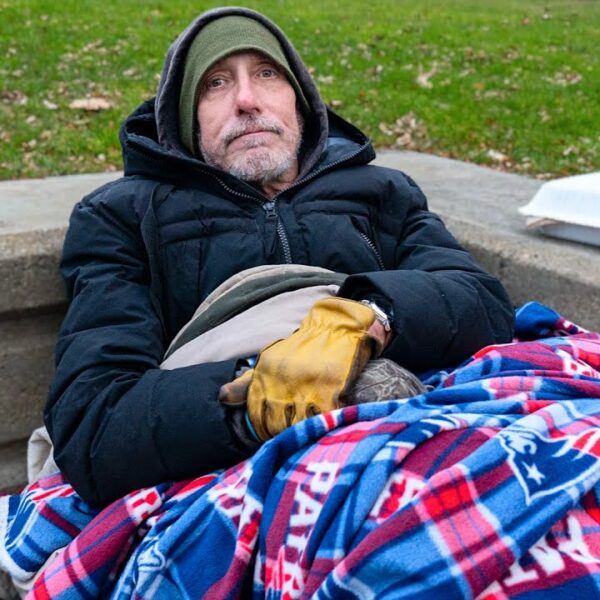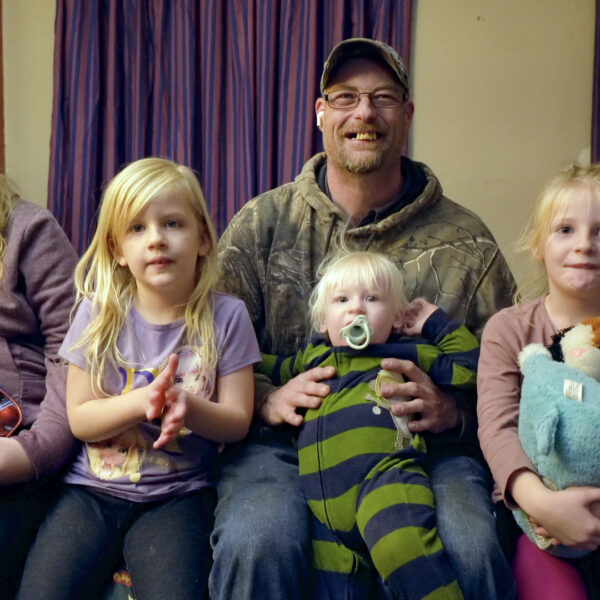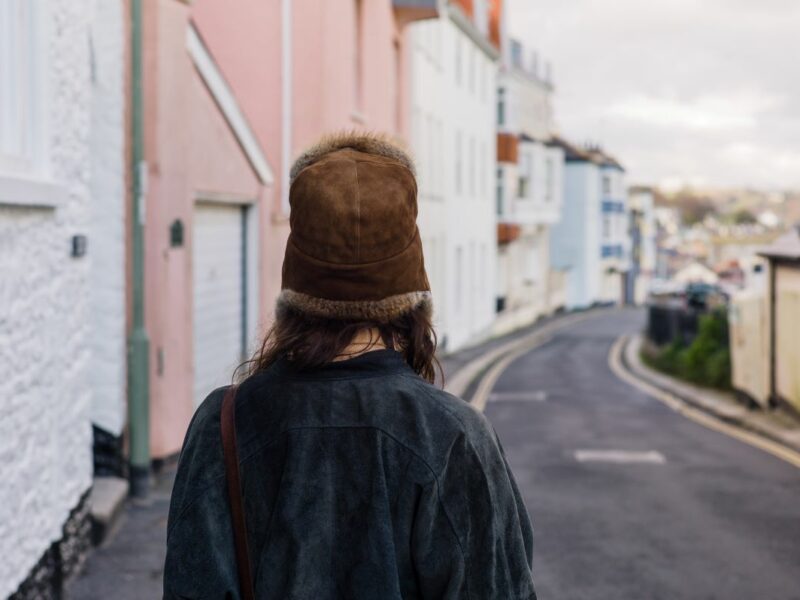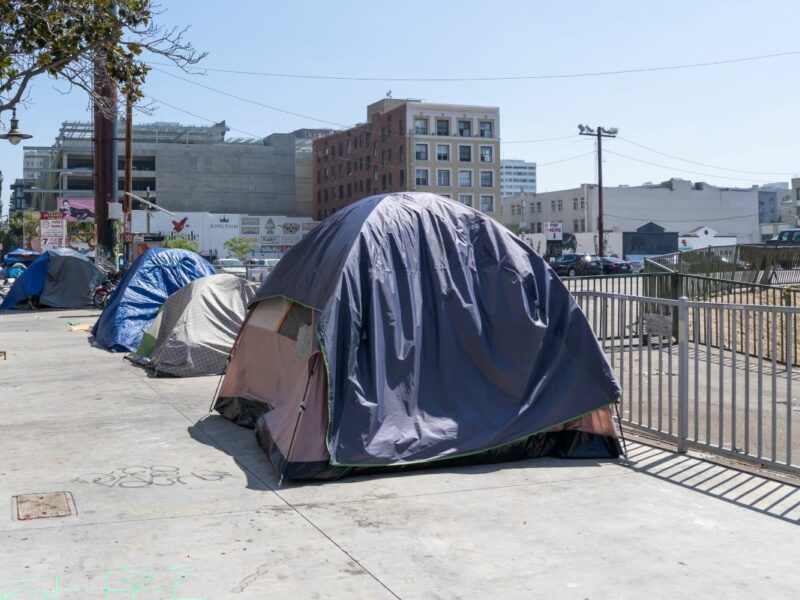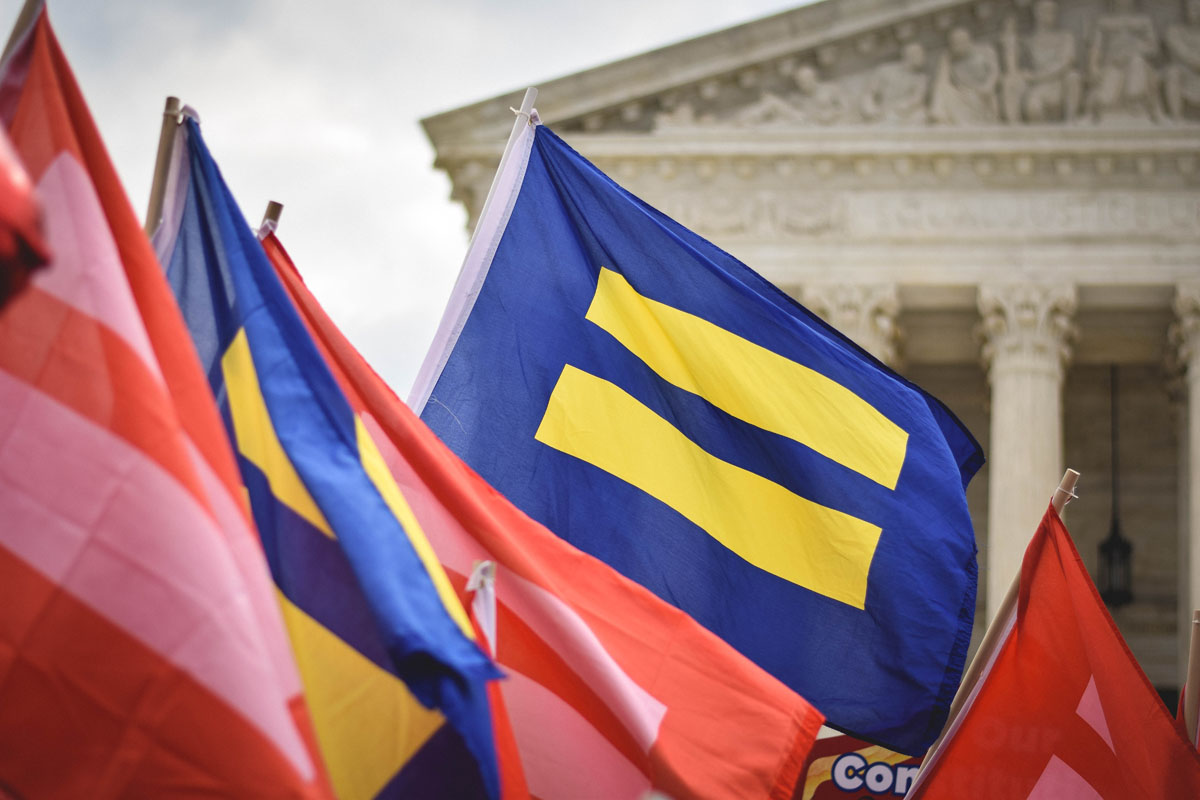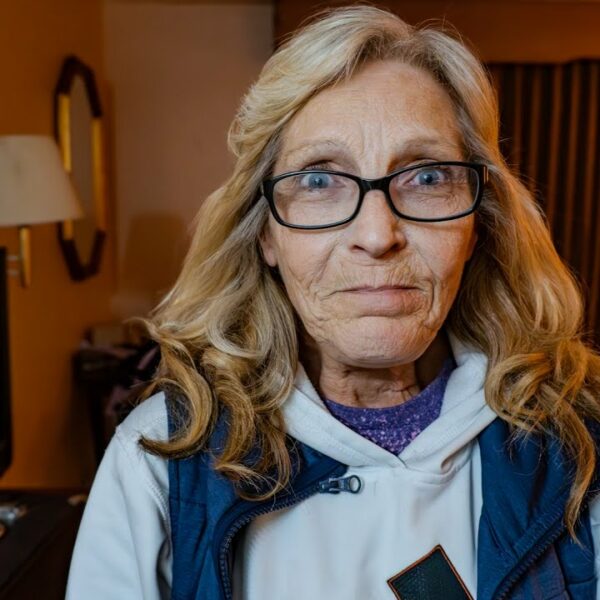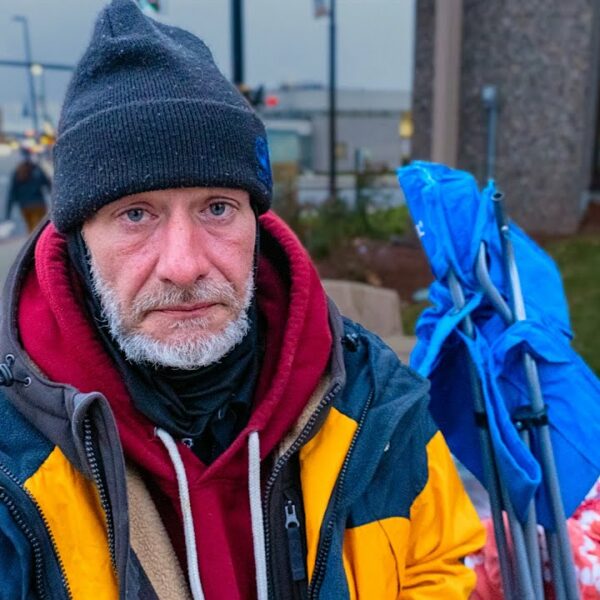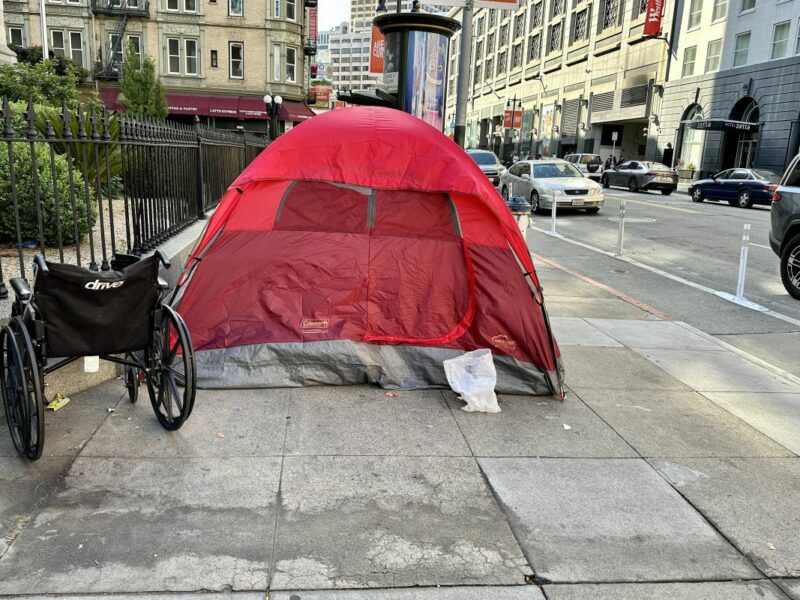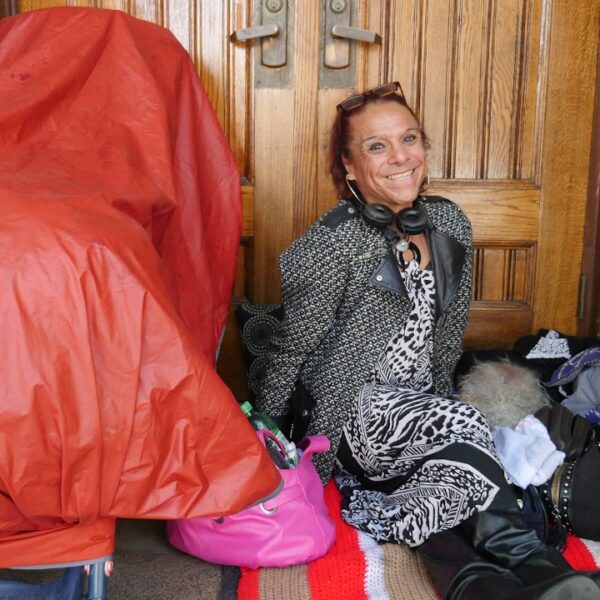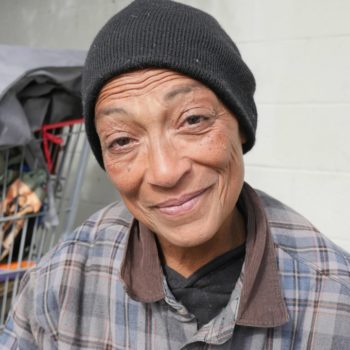One step forward, two steps back.
While the LGBTQ community has been historically marginalized, eight years of the Obama Administration provided a step forward. It introduced a number of rulings that promoted and protected the rights and well-being of transgender Americans. For example, a 2016 release from the US Department of Justice required schools to:
- protect transgender students from harassment
- use their preferred names and pronouns, and
- accommodate the locker rooms and bathrooms that matched their gender identity
These protections are now in jeopardy. Human rights advocates fear that the current Trump Administration is intent on rolling back Obama-era progress. Recent reversals run contrary to campaign claims that he would “protect our LGBTQ citizens.”
Ever the chameleon, Trump has pivoted from ally to adversary. A recent proposal from Washington has homelessness and transgender advocates particularly concerned.
HUD Ruling Could Impact How Shelters Do Business
The Department of Housing and Urban Development released a proposal earlier this month that seems promising at first glance. In part, it reads that homeless shelters “must not discriminate based on sexual orientation or transgender status“. Clever wording preaching less discrimination tickles ears.
But that’s where the good vibes end. The proposal continues with the worrying statement that the attached changes better accommodate the “religious beliefs of shelter providers“. Marginalized communities tend to have a difficult time under the thumb of organized religion. The transgender community is no different.
The push from Washington would allow “homeless shelters to deny transgender people access to single-sex shelters of their gender identity“. The Republican party argues that this shift targets sexual predators, namely men who try to gain access to women’s homeless shelters under the guise of being transgender to abuse residents or track down spouses.
Homelessness and transgender advocates aren’t buying it.
They argue that people who identify as transgender would be negatively impacted by the ruling. Transgender women could be denied access to the shelters most appropriate to their needs. They would instead be referred to male shelters or mixed-gender shelters. Here, the abuse and assault would pose greater threats to transgender clients.
This proposal flies in the face of efforts to get more homeless people off the streets and into shelters. It also undoes the positive changes — and good faith built thereafter — of the ‘equal access’ rule enacted under the Obama administration in 2012. At that time, HUD ensured “equal access for individuals in accordance with their gender identity in programs and shelter funded under programs administered by HUD’s Office of Community Planning and Development.”
LaLa Zannell, an advocate for transgender rights at the American Civil Liberties Union, fears this ruling will especially impact the most marginalized individuals:
“This new rule would be particularly dangerous for the black and brown transgender women who face extraordinarily high rates of unemployment and homelessness at any time, and particularly in this economic crisis.”
Shelters that provided protection under the previous administration would morph into open season for predators.
Messaging behind the proposal has been strategic.
HUD Secretary Ben Carson spoke at length about the “positive shift” that this ruling would promote:
“This important update will empower shelter providers to set policies that align with their missions, like safeguarding victims of domestic violence or human trafficking.”
Domestic violence is certainly something that needs addressing. But Secretary Carson’s sermon fails to acknowledge that people who identify as transgender are at a greater risk than nearly every other demographic to experience violence at the hands of family members.
Mara Keisling, who works with the National Center for Transgender Equality, spoke on how important shelters are to transgender youths echoing Zannell’s concerns.
“Discrimination and criminalization have left countless transgender people, particularly transgender people of color, exposed to violence and abuse, all while family rejection can leave transgender youth with nowhere to turn.”
With shelters potentially no longer allowing access based on the gender one identifies with, one more door closes on youths that already have precious few options.
“Secretary Carson is contradicting the very mission of his department by trying to make shelters less safe for those who need them and further endangering the lives of marginalized people.”
The new ruling is incredibly on-brand for the current administration. In 2017, Trump announced via uncerimonious tweet that transgender people could no longer serve in the military. Last year, a Health and Human Services Department ruling was pushed (and subsequently thrown out by a US District judge) that would empower health care workers to refuse to treat transgender patients.
Yesterday, the House Appropriations Subcommittee approved a fiscal year 2021 spending bill that also rebukes HUD’s proposed anti-transgender rule change. The House full committee may vote on the bill as soon as next week. The Senate is expected to vote on its draft spending bills in the coming weeks. However, this timeframe may be pushed back. Congress is slated to negotiate a final coronavirus relief package before leaving for August Recess.



